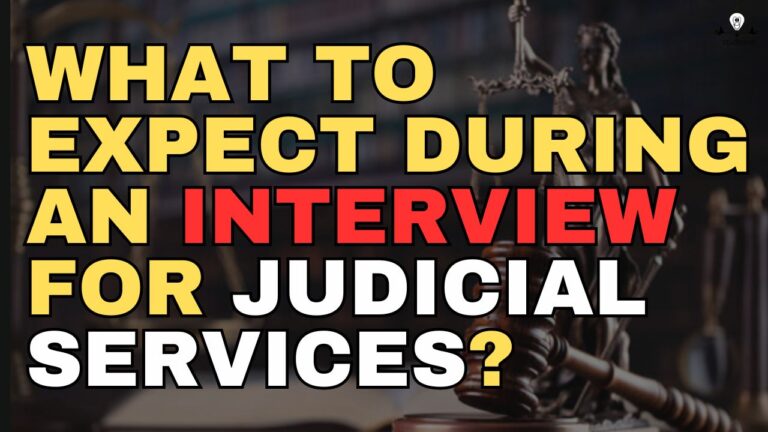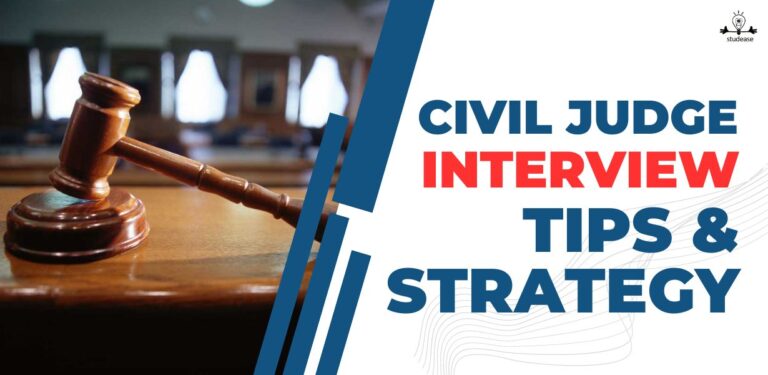Top 10 Rights of Arrested Person: Understanding the Law on Arrest
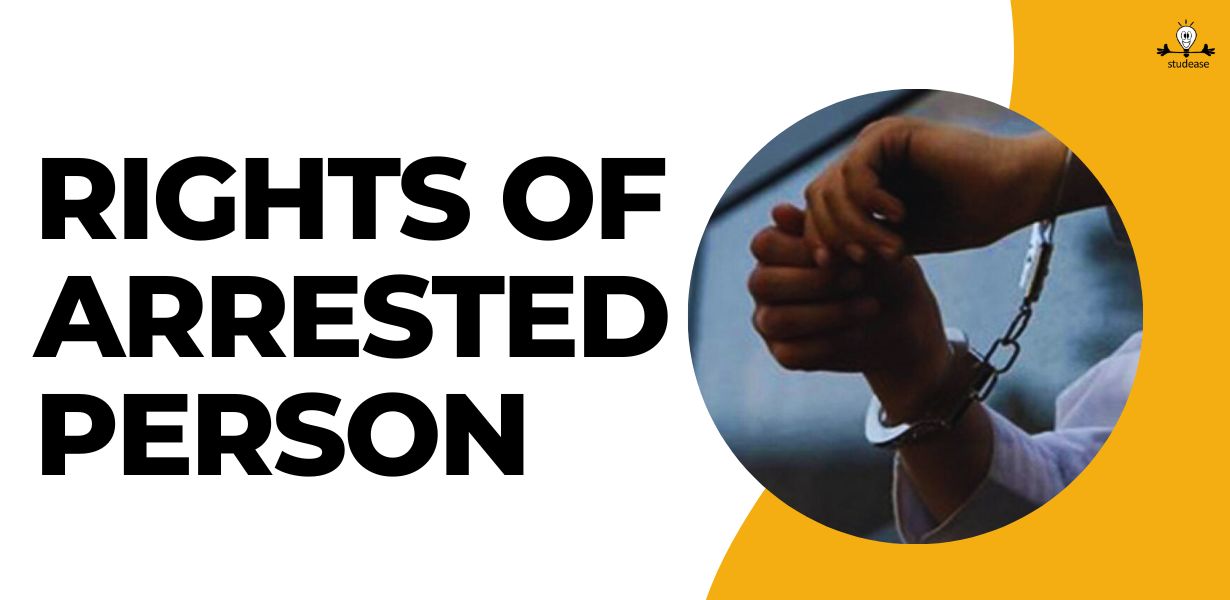
Arrest brings humiliation, curtails freedom and cast scars forever.
The law on arrest and detention in India is governed by the Code of Criminal Procedure (CrPC), which outlines the procedures that must be followed by the police officials during an arrest or detention. It is important for individuals to know their rights to ensure that they are treated fairly and that their legal rights are protected. In this Article, I will discuss rights of Arrested person.
According to Section 56 of the CrPC, if a person is arrested with or without a warrant, the police officer who is making the arrest is required to produce the person before a magistrate within 24 hours of the detention, excluding the time taken for traveling from the place of arrest to the magistrate’s court.
Preventive arrest can also be carried out under certain conditions, as outlined in Section 151 of the CrPC. However, this can only be done if the police officer knows that a perosn is going to commit a cognizable offense and if it appears that the commission of the offense cannot be prevented in any other way.
If a person is detained under preventive arrest, he has the right to be informed of the grounds for his detention and to be produced before a magistrate within 24 hours.
Page Contents
Understanding the Law of Arrest in India
For individuals living in India, knowing their rights when it comes to arrest and detention is important. Being aware of the legal procedures and grounds of arrest can help protect fundamental rights. The basics of arrest and the relevant provisions of the law will be discussed in this post.
What is Arrest?
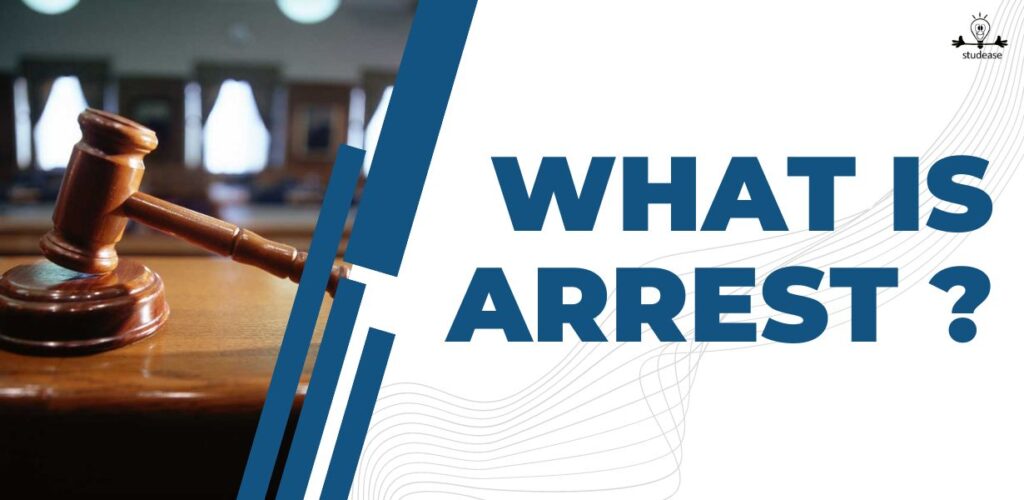
Arrest is the act of taking a person into custody by legal authority. It involves the use of force or restraint to deprive a person of their liberty. In India, the police have the power to arrest a person without a warrant if they have reasonable suspicion that the person has committed a crime.
Grounds of Arrest in India
The Code of Criminal Procedure (CrPC) provides the grounds on which a person can be arrested in India. These include:
- If the person has committed a cognizable offence
- If the person is about to commit a cognizable offence
- If the person has been involved in a cognizable offence
- If there is a reasonable suspicion that the person has committed a cognizable offence
It is important to note that a person cannot be arrested without a warrant for a non-cognizable offence. In addition, the police must inform the person being arrested of the grounds of arrest and their right to legal representation.
Code of Criminal Procedure India
The Code of Criminal Procedure (CrPC) is the main legislation governing the arrest and detention of individuals in India. It provides Guidelines for the arrest and detention. The CrPC also sets out the procedures for the production of the arrested person before a magistrate and their subsequent detention.
What is Detention?
Detention is the act of holding a person in custody for a period of time. In India, detention can be either preventive or punitive.
Preventive detention is used to prevent a person from committing a crime or to maintain public order. Punitive detention is used as a punishment for a crime that has been committed.
Under Article 22 of the Indian Constitution, a person who has been arrested and detained has the right to be informed of the grounds of arrest and to consult and be defended by a legal practitioner of their choice. The person also has the right to be produced before the nearest magistrate within 24 hours of their arrest.
To safeguard one’s fundamental rights, it is crucial to comprehend the legal procedures and grounds of arrest and detention in India.
The Constitution of India (Arrest)
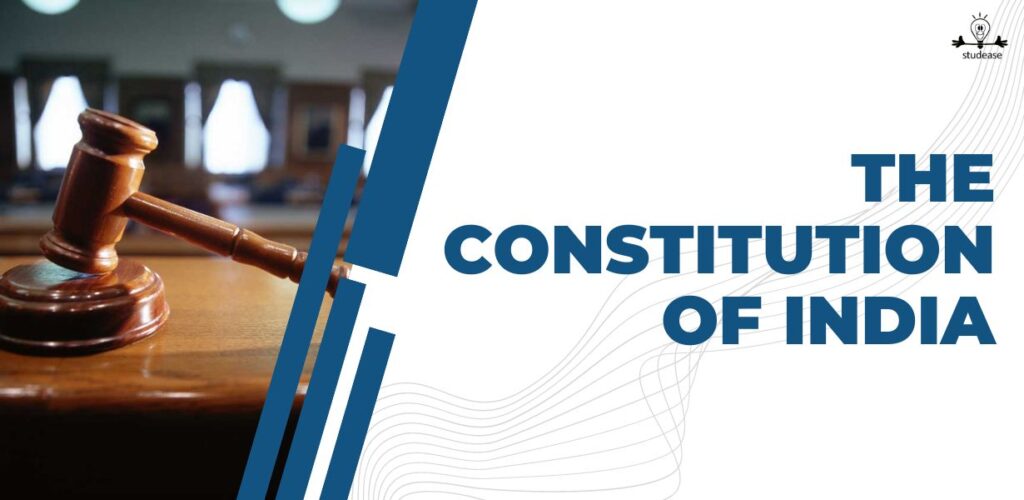
If a person is citizen of India, he is protected by the Constitution of India against arbitrary arrest and detention. The Constitution of India provides for the right to life and personal liberty, which means that no person can be deprived of their liberty except in accordance with the procedure established by law.
Article 22 of the Constitution of India lays down the provisions relating to arrest and detention. According to this article, no person who is arrested shall be detained in custody without being informed, as soon as may be, of the grounds for such arrest. In addition, the arrested person shall not be denied the right to consult, and to be defended by a legal practitioner of their choice.
The Constitution of India provides for the right to speedy trial and also provides that every person who is arrested and detained shall be produced before the nearest magistrate within a period of 24 hours of such arrest, excluding the time taken for travelling from the place of arrest to the magistrate’s court.
It is important to note that the Constitution of India provides for certain exceptions to these provisions. For example, these safeguards are not available to an enemy alien or a person arrested or detained under a preventive detention law.
The Constitution of India provides for important provisions relating to arrest and detention, which are aimed at protecting the rights of citizens of India. It is important to be aware of these provisions and to exercise the rights.
Rights of Arrested Person
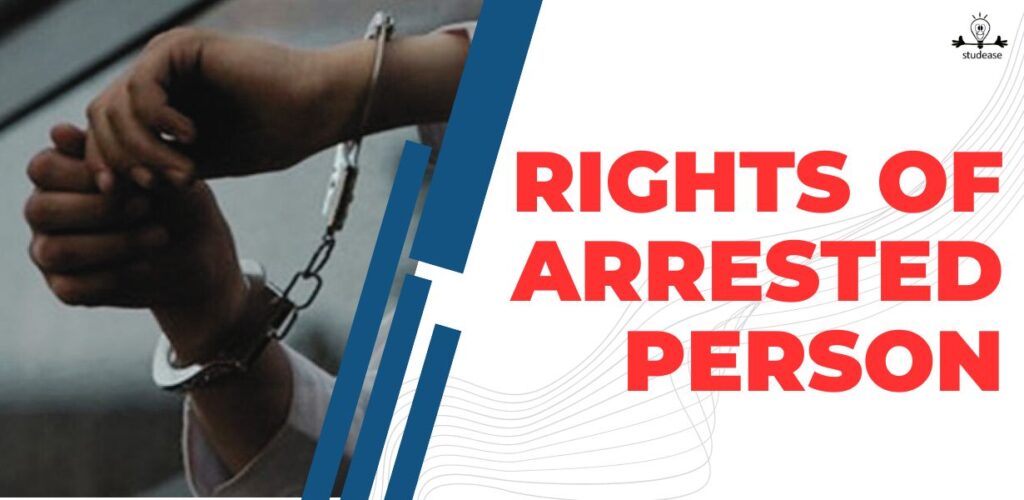
As an arrested person in India, certain fundamental rights are protected by the Indian Constitution to safeguard personal liberty and ensure fair and just treatment during the course of arrest and detention. Some of the key rights that individuals should be aware of include:
Personal Liberty
Indian citizens have the fundamental right to personal liberty, which prohibits arrest or detention without due process of law. Article 21 of the Indian Constitution enshrines this right and states that no individual shall be deprived of their life or personal liberty except according to the procedure established by law.
Examined by Medical Practitioner
If an individual is arrested and taken into custody, they have the right to be examined by a medical practitioner every 48 hours during detention. The Supreme Court established this right in the landmark case of D.K. Basu vs. State of West Bengal to ensure that individuals are not subjected to any physical or mental harm while in custody.
To be taken before Magistrate without Delay
Individuals have the right to be taken before a magistrate without undue delay after arrest, as enshrined in Section 57 of the Code of Criminal Procedure (CrPC). This right is intended to prevent arbitrary arrest and detention.
Know the Grounds of Arrest
Every person has the right to be informed of the grounds of their arrest as soon as possible, as enshrined in Article 22(1) of the Indian Constitution. This right is intended to ensure that individuals are aware of the charges against them and can prepare an effective defense.
Legal Aid
Every individual has the right to be represented by a lawyer of his choice during the course of their arrest and detention, as enshrined in Article 22(1) of the Indian Constitution. This right is intended to ensure that individuals have access to legal representation and can defend themselves effectively.
Remain Silent
Individuals have the right to remain silent during their arrest and detention and cannot be forced to incriminate themselves, as enshrined in Article 20(3) of the Indian Constitution. This right is intended to ensure that individuals are not subjected to self-incrimination.
Fair Trial
Individuals have the right to a fair and impartial trial during the course of their arrest and detention, as enshrined in Article 14 of the Indian Constitution. This right is intended to ensure that individuals are treated justly and fairly by the criminal justice system.
To be Released on Bail
The arrested person has the right to be released on bail during the course of his arrest and detention, subject to certain conditions, as enshrined in Section 50 of the CrPC. This right is intended to ensure that a person is not subjected to punitive detention without trial.
In conclusion, arrested individuals in India have constitutional rights that must be respected by police and other authorities to safeguard personal liberty and ensure fair and just treatment during the course of arrest and detention. If an individual feels that his rights have been violated, seeking legal advice and taking appropriate action to protect their constitutional rights is recommended.
Also Check: Bail Criminal Procedure Code: Your Comprehensive Guide
Case Laws | Landmark Judgements
Over the years, there have been several landmark judgements that have helped define these rights. Here are some of the most important case laws that you should be aware of:
D.K. Basu v. State of W.B, AIR 1997 SC
- The police personnel carrying out the arrest and handling the interrogation of the arrestee.
- To bear accurate, visible and clear identification and name tags with their designations.
- Prepare a memo of arrest at the time of arrest to be attested by at least one witness.
- To notify time, place of arrest and venue of custody of the arrestee to relative or friend.
- To make the arrestee aware of this right to have someone informed of his arrest.
- To make entry in the diary regarding the arrest and also disclose the name of the next
friend of the person who has been informed of the arrest and the names and particulars of
the police officials in whose custody the arrestee is. - At the request of the arrestee to examine at the time of his arrest and record major and
minor injuries, if any at that time; and to prepare “inspection memo” in this regard to be
signed both by the arrestee and the police officer. - Medical examination of arrestee by trained doctor every 48 hours.
- Copies of all the documents including the memo of arrest to be sent to the illaqa
magistrate. - Permission to meet his lawyer during interrogation.
- Police control room to be informed at all district and state headquarters regarding the
arrest and the place of custody. - There is a battle between the law makers and the police and it seems that the police has
not learnt its lesson. The police has not come out of its colonial image. The need for
caution in exercising the drastic power of arrest has been emphasized time and again by
the court but has not yielded desired result. - S. 41 (1)(b)(ii) provides that arrest for any offence punishable less than or upto 07 years
can be made only on the following satisfaction: - To prevent such person from committing any further offence;
- For proper investigation;
- To prevent disappearance or tampering of evidence;
- To prevent inducement, threat or promise to the witness and thereby dissuading the
person from disclosing the evidence to court or police; - To ensure the presence of the person in court;
- Police Officer shall record such reasons in writing both for making an arrest or not
arresting the person
Neelabati Bahera case
In the Neelabati Bahera case, the Supreme Court held that a person who has been illegally detained has the right to compensation. The court also held that the state is vicariously liable for the actions of its officers.
Arnesh Kumar v. State of Bihar & Another 2014
- Police officers should maintain a balance between individual liberty and societal order
while exercising power of arrest under sections 41, 41 A and 57 of Cr.P.C.
- Due to the rampant misuse of Sections 498A IPC and Section 4 of D.P. Act 1961, it
would be prudent and wise for a Police Officer that no arrest is made without reasonable
satisfaction reached after some investigation as to the genuineness of allegations.
Mohd. Zubair case
In the Mohd Zubair case, the Supreme Court held that a person who has been illegally detained has the right to file a writ of habeas corpus. The court also held that the burden of proof lies on the state to prove that the detention was legal.
Abraham v. State of Maharashtra
In the Abraham case, the Supreme Court held that the police cannot arrest a person just because they have the power to do so. The police must have a valid reason for the arrest.
AK Gopalan case
In the AK Gopalan case, the Supreme Court held that the right to life and personal liberty is not absolute. The state can restrict these rights if it is necessary for public order, morality, or the security of the state.
Joginder Kumar v. State of U.P. AIR 1994 SC
The Supreme Court laid down guidelines related to the arrest:
- Arrest of a person should not be merely on suspicion about the person‟s complicity in the
crime and the Police Officer must be satisfied about the justification of such arrest on the
basis of some investigation. - Arrest should normally be avoided except in cases of heinous crimes. Reasons for arrest
must be recorded by police officer in his case diary. - An arrested person being held in custody is entitled, if he so requests to have one friend,
relative or other person who is known to him or likely to take an interest in his welfare
told as far as practicable that he has been arrested and where he is being detained. - Police officer should inform the arrested person when he is brought to the police station
of this right. - An entry shall be required to be made in the diary as to who was informed of the arrest.
These protections from power must be held to flow from Articles 21 and 22(1) of the
constitution and must be enforced strictly.
It should be the duty of the Magistrate before whom the arrested person is produced, to
satisfy himself that these requirements have been complied with.
In pith and core, the Police Officer before Arrest must put the following Questions to himself:
W – Why Arrest?
I – Is it really required?
W – What Purpose it will serve?
W – What Object it will achieve?Procedure for Arrest and Detention
Knowing the procedures followed during arrest and detention is crucial if ever taken into custody by the police. The Code of Criminal Procedure (CrPC) outlines the necessary procedures, and it is essential to be aware of one’s rights during this process.
Also check: Law Relating to Maintenance in India: Full Guide
Police Procedures
In the event of an arrest, the police must inform the individual of the grounds of arrest and the reason for detention. Additionally, the police must provide a copy of the arrest memo, which includes details such as the time and place of arrest, grounds for arrest, and identity of the arresting officer. The right to legal aid and representation must also be communicated.
If the police intend to detain the individual for more than 24 hours, they must produce them before a judicial magistrate who will decide whether police or judicial custody is appropriate.
Judicial Procedures
If judicial custody is ordered, the individual will be held in prison until their trial. However, the right to apply for bail exists, which allows release from prison until the trial begins. If granted bail, a surety or bond must be provided to ensure appearance in court for the trial
Knowing one’s rights during arrest and detention is vital to ensure fair and just treatment. If an individual believes their rights have been violated, filing a writ petition in the High Court or the Supreme Court to protect constitutional rights is an option.
Guidelines to Arrest
If a person is arrested in India, there are certain guidelines that the police officer must follow to ensure that the rights of an individual are protected. Here are some of the key guidelines that one should be aware of:
- The police officer who is going to arrest should bear accurate, visible, and clear identification and name tag with the designation.
- The police officer must inform the arrested person of the grounds of the arrest as soon as possible after the arrest.
- An arrested person has the right to remain silent and not incriminate himself during the arrest.
- The arrested person has the right to be medically examined after the arrest and before the interrogation.
- The arrested person has the right to have a friend or relative or other person known to you or having an interest in your welfare to be informed about the arrest and detention as soon as possible.
- The police must prepare a Memo of Arrest with your name, the place, date and time of your arrest. This should be signed either by a relative or friend of yours, or a respectable person of the locality (where the arrest is made), as well as you and the arresting officer.
- The arrested person has the right to consult and be defended by a legal practitioner of your choice.
- The arrested person has the right to be produced before a magistrate within 24 hours of your arrest.
- The arrested person has the right to apply for bail if you are arrested for a bailable offence.
It is important to remember that these guidelines are in place to protect the rights and ensure that a person is not mistreated during the process of arrest. If the rights of an individual are violated, should seek legal advice and take appropriate action.
Conclusion
Knowing the rights when it comes to arrest and detention is crucial. The Constitution of India and the Criminal Law provides certain rights to the arrested person. It is important to remember that every person is presumed innocent until proven guilty by the court of law.
Article 22 of the Constitution of India deals with the protection against arrest and detention in certain cases. It ensures that no person who is arrested shall be detained in custody without being informed, as soon as possible, of the grounds for such arrest nor shall he be denied the right to consult and to be defended by a legal practitioner of his choice.
It is important to note that modern constitutional law has come a long way in terms of protecting and safeguarding the rights of persons guilty of crimes. The officers are especially prone to making mistakes or violating the rights of the accused. Therefore, it is essential to know the rights and ensure that they are not violated during the process of arrest.
What Next?
Understanding the procedures and rights during arrest and detention is an important topic for the Judiciary Mains Exam. Students are encouraged to prepare well and stay informed.
Join our Telegram group to stay updated.
Join: studease Telegram Channel
Follow us: instagram
Subscribe: studease Youtube Channel
Download studease App:
👉 Android: https://edustan.page.link/Wbe5
👉 iOS users: Download Myinstitute app, enter org code – studease

